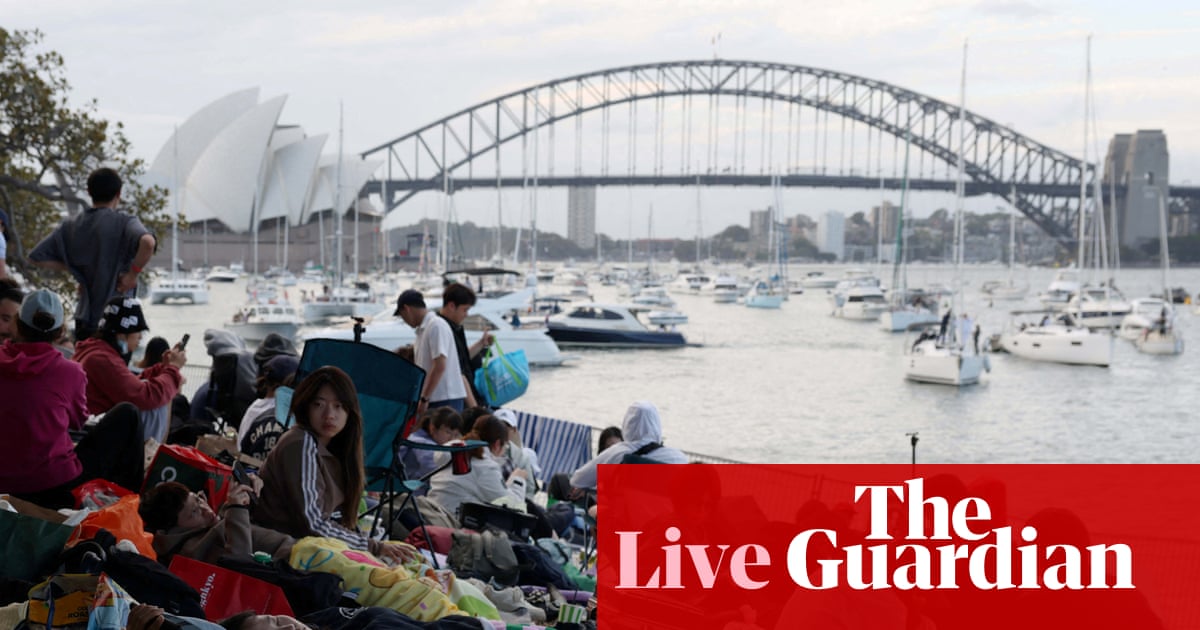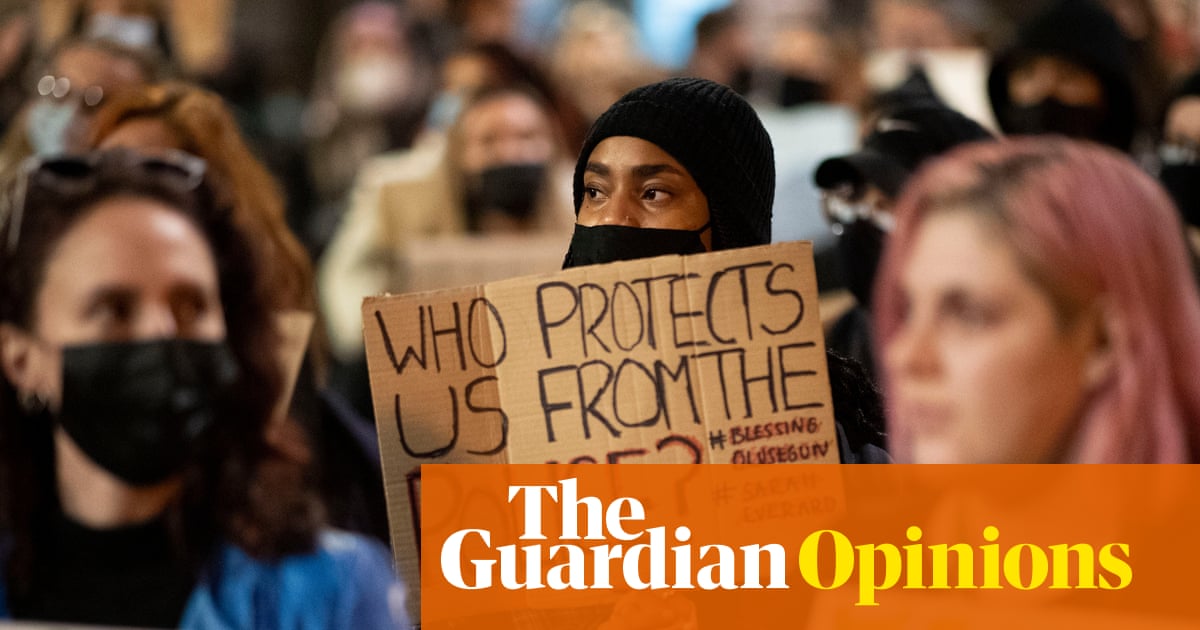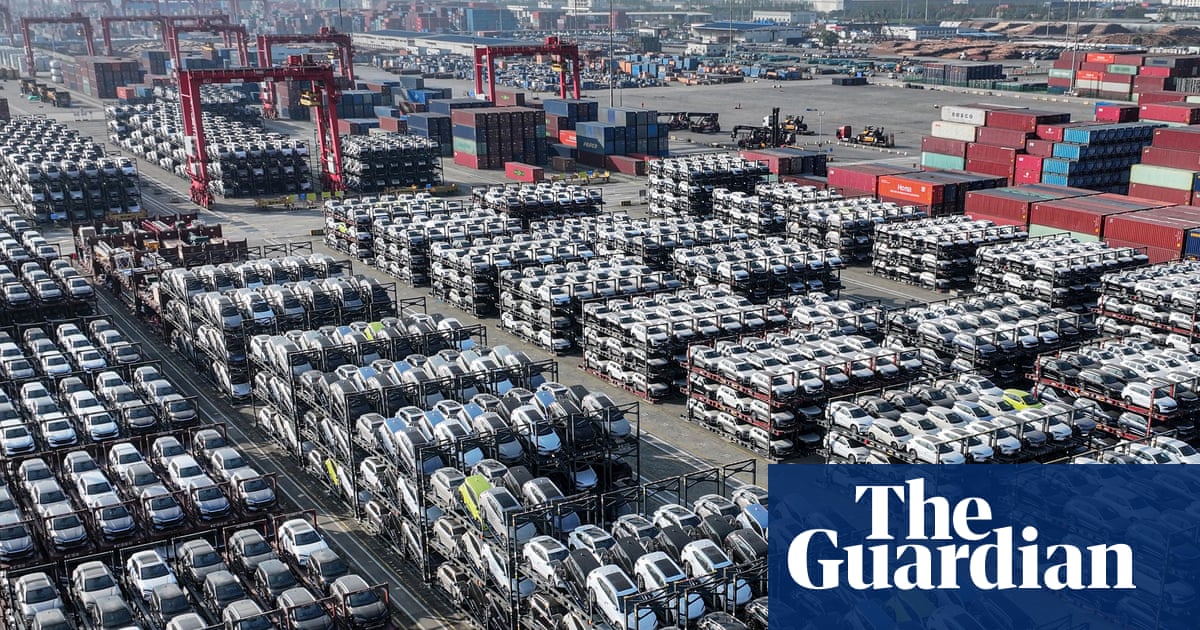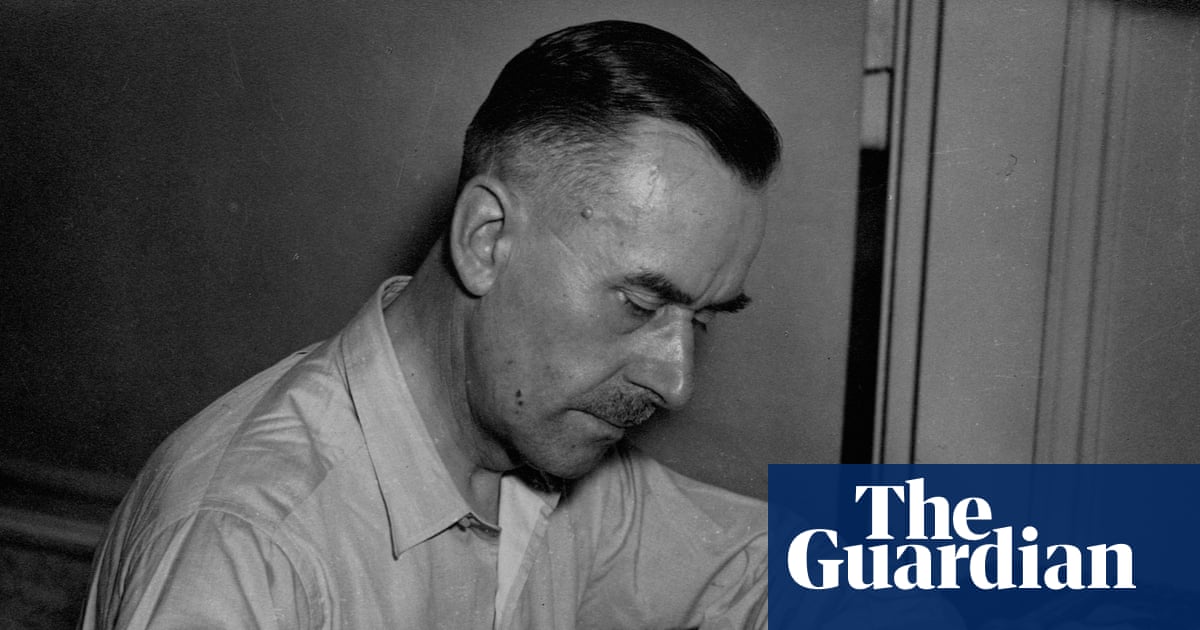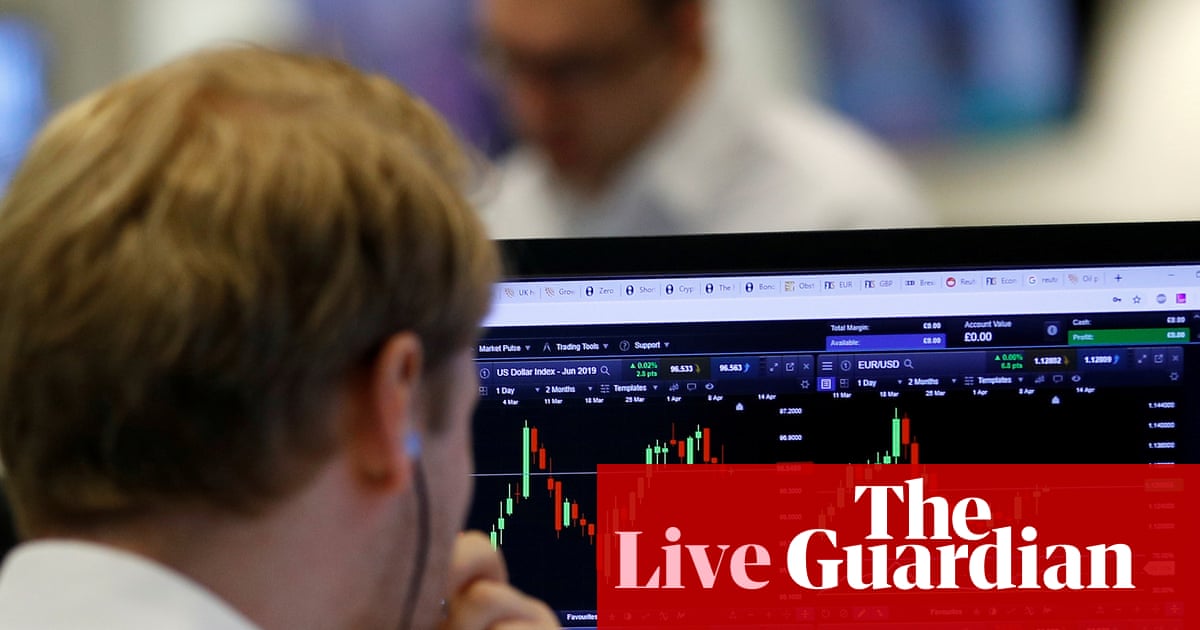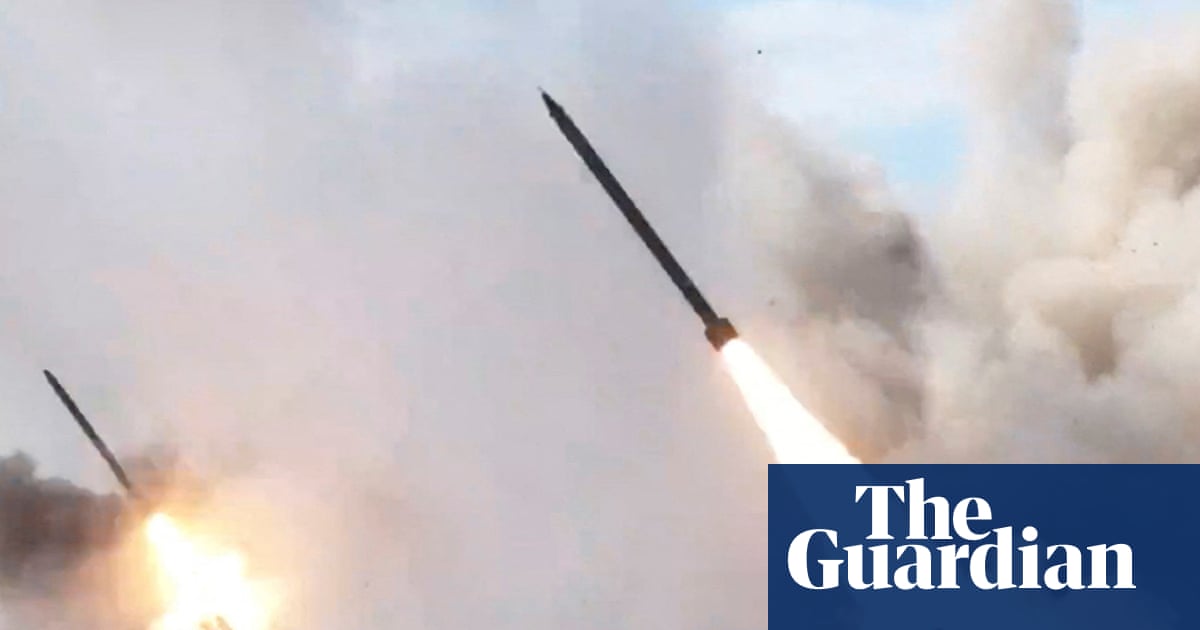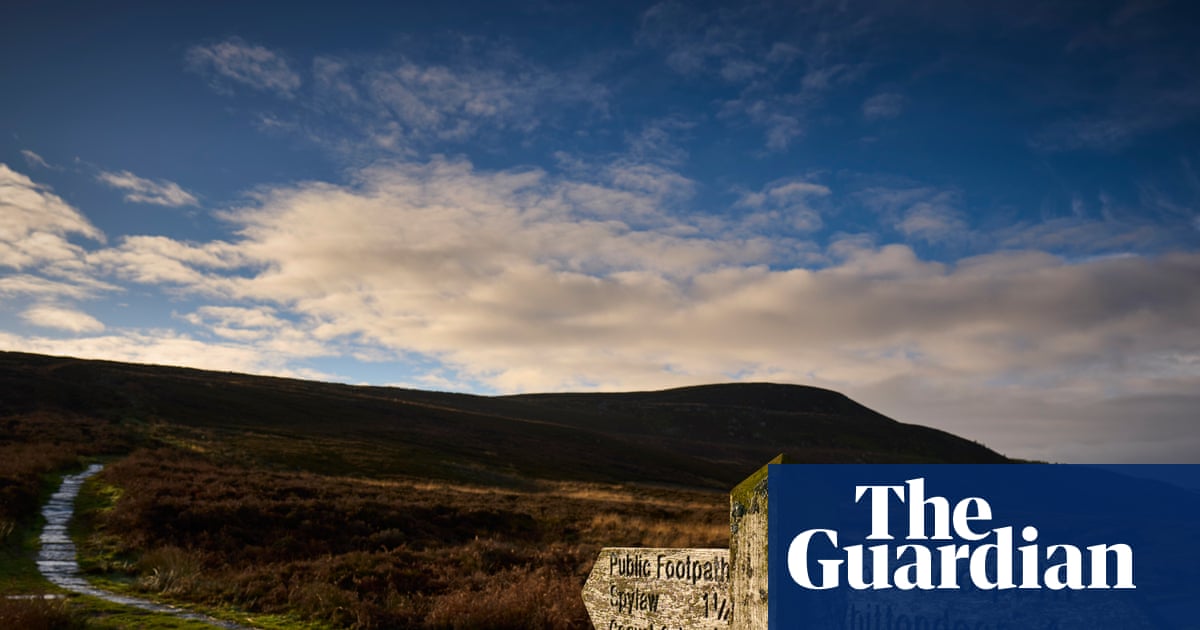Bolivians go to the polls on Sunday in an election that, whatever the result, will mark a complete shift to the right after nearly 20 years under the rule of the leftist Movimiento al Socialismo (Mas).
The country’s first-ever presidential runoff pits the centre-right senator Rodrigo Paz Pereira, 58, who won the first round in August, against the rightwing former president Jorge “Tuto” Quiroga, 65, who in recent weeks has overtaken Paz Pereira in the polls.
In power since Evo Morales’s first election victory in 2005, the Mas party suffered its worst-ever result in the first round: the deeply unpopular president, Luis Arce, chose not to run, and his candidate, the interior minister, Eduardo del Castillo, won just 3% of the vote.
Bolivia’s rightward shift could mark a drastic change in how the country deals with the cultivation of coca – the plant that forms the base of cocaine but is widely used by Bolivians in its natural state – and a return to the “war on drugs” of previous decades.
This week, the US secretary of state, Marco Rubio, described the Bolivian election as “one of the more promising developments” in Latin America after years under an “anti-American, hostile government”, saying that both candidates “want strong, better relations with the US”.
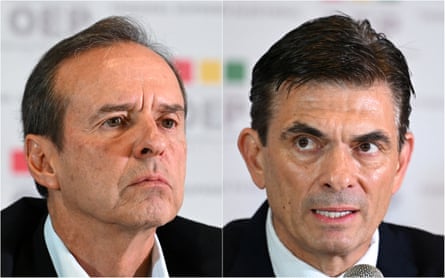
José Orlando Peralta, a political scientist, said a key issue in the next president’s dealings with the US would be coca production as the Trump administration pushes a more aggressive policy in South America, including airstrikes against alleged drug-smuggling boats leaving Venezuela.
Whoever takes office on 8 November will face the country’s worst economic crisis in four decades, with annual inflation at 25% and a chronic shortage of US dollars and fuel – so severe that the electoral court has ordered vehicles responsible for distributing ballot boxes to be given special access to petrol stations, where there are endless queues.
Once an energy powerhouse, the country has to import fuel and, with no dollars in reserve, both candidates are betting on a closer relationship with the US.
The criminologist and organised crime expert Gabriela Reyes Rodas said she would not be surprised if the US made the return of its Drug Enforcement Administration (DEA) a condition for releasing the loans the new government will need.
Morales expelled the DEA, which had operated in Bolivia for more than three decades, when he was president in 2008. His ties to coca long predate his political career. He rose to prominence as a union leader for coca farmers in the Chapare in central Bolivia.
Peralta said the Chapare “is practically a small republic, a black hole where the state doesn’t reach … and it’s precisely where Evo Morales rules like a monarch”.
It is there that, since last year, the former president has been entrenched, protected by hundreds of coca growers, to avoid enforcement of an arrest warrant accusing him of the statutory rape of a 15-year-old girl. The region recently went months without any police or army presence after pro-Morales demonstrators attacked a military barracks.
The Chapare is one of two regions in Bolivia in which coca cultivation, which the government regulates, is concentrated. The other is the Yungas, near La Paz. The consumption of coca leaves is legal in Bolivia and widely practised for religious and cultural reasons as a digestive aid, stimulant and remedy for the effects of high altitude.
Quiroga has said that “the coca from the Yungas has been, is and always will be legal, ancient and traditional”, but the coca from the Chapare has “a single purpose: drug trafficking”. Paz Pereira, though less outspoken than his rival, has said in the past that coca from the Yungas was “good”, while that from the Chapare was “bad”.
Reyes Rodas agreed that part of the Chapare’s coca ended up as cocaine, but said it was a mistake to criminalise all cultivation there.
Aquilardo Caricari, the secretary general of the CSCIOB, one of the country’s largest unions of Indigenous peoples and coca growers, said most of the Chapare’s coca production was not sold through the government-regulated market but that this was a logistical issue – the market is 112 miles away – and that most of it was for personal use. When any diversion to trafficking was identified, he said, the producer was reported to the authorities.
The CSCIOB is among the organisations protecting Morales. As both presidential candidates have said they would enforce the arrest warrant if elected, Caricari said the vigil had been reinforced.
“We know that the political target of the North American empire is Evo Morales, and what they want at all costs is to get rid of this leadership – something we will not allow,” he said.

 2 months ago
50
2 months ago
50
